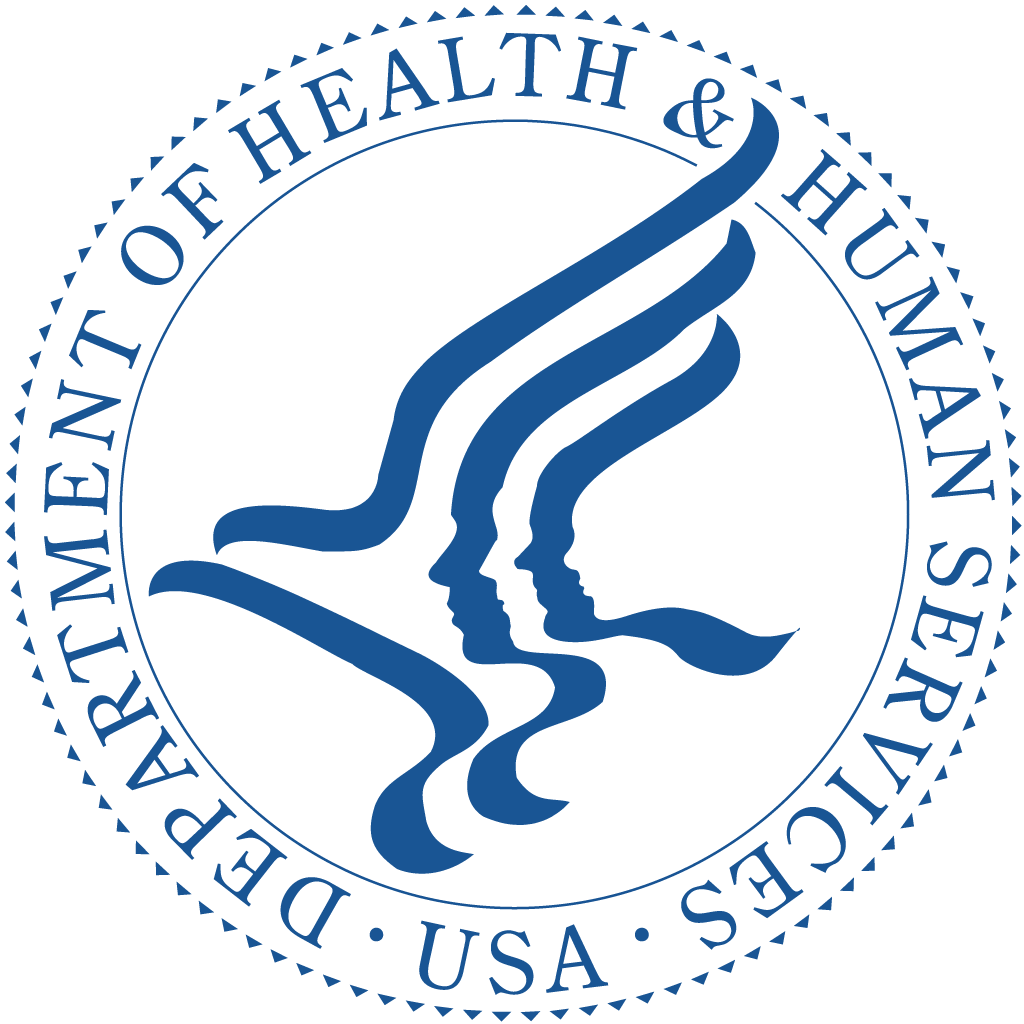Home > News Briefs – APRIL 2025
News Briefs – APRIL 2025
by INELDA
Relevant Cuts at Department of Health and Human Services
With thousands of employees at the United States Department of Health and Human Services (HHS) being laid off through the Trump administration’s reduction in force initiative, health care services, including those that directly affect end of life, are forecast to be dramatically affected.
The HHS has stated that the initiative will not impact Medicare services. But it will affect other arenas that touch directly upon longevity and deathcare. Two examples: vaccine grants, and the Office of Minority Health. (Also, see below for news on how the cuts may affect maternal mortality.)
State and community vaccine grants, often folded into COVID-19 pandemic response grants, have been pulled by HHS. As of April 2, 23 states and Washington, D.C., were suing the HHS, claiming that the decision to pull back $12 billion in funding meant for state and local health departments was unlawful. On April 3, a federal judge temporarily barred the termination of these services. Losing these grants would mean losing substantial funding for the public health system, including pandemic preparedness for future pandemics as well as behavioral health funding.
Behavioral health initiatives are also expected to take a blow via the dwindling of the Office of Minority Health, or OMH. The department aims to reduce health disparities among racial and ethnic minorities, including those that affect chronic conditions—the leading cause of death in the nation. This includes working with Medicare to develop diabetes interventions for all populations

Maternal Mortality Efforts in Question
The United States ranks higher in maternal mortality than a number of nations with less developed health care systems or less robust economies, including Tajikstan, Moldova, and both the West Bank and Gaza Strip, according to the Central Intelligence Agency’s world fact book. Many of these deaths are preventable, as demonstrated by the success of initiatives designed to improve community rates for all people giving birth.
Case in point: California. Today, it holds the lowest maternal mortality rate in the United States—a turnaround from its status in 2006, which saw the launch of its maternal quality care collaborative. This initiative united people from all California hospitals with a maternity unit to share best practices when encountering common concerns that can increase mortality rates, such as high blood pressure and sepsis. The result: “When you look at the rate of maternal death in the United States compared to California, they basically ran neck-and-neck until it was established,” Dr. Amanda Williams, the collaborative’s clinical innovation adviser, told the Associated Press. “At that time they totally separated and California started going down. The rest of the country started going up.”
State and local governments are working on improving maternal mortality rates in the United States. Many of these programs are funded, in whole or in part, by the federal Healthy Start program, which fell under the Department of Health and Human Services. With the presidential administration’s recent, major cuts to HHS (see above for more detail), the future of these services is in question. At particular risk are Black women, who see 50.3 deaths per 100,000 live births, a rate more than three times higher than that of other racial groups, with Asians seeing the lowest rate (10.7), followed by Hispanic mothers (12.4) and White women (14.5). People who face discrimination within the health care system may particularly benefit from birth doula involvement, which has demonstrated positive delivery outcomes, including reduced cesarean sections, premature deliveries, and length of labor.
Another State Poised to Allow MAiD
Delaware may become the 11th state to support medical aid in dying. In March, the Delaware House of Representatives passed a bill that echoes MAiD laws from the other 10 states where the practice is legal: mentally capable adult residents of Delaware with a terminal illness who have received a prognosis of six months or less to live can receive medicine to be self-ingested and end their life.
“I look forward to seeing this bill pass swiftly through the Senate and make it to the governor’s desk,” said Representative Eric Morrison, who sponsored the bill along with Senate majority leader Bryan Townsend. This would be the second time that MAiD would go to the state’s governor—in 2024, John Carney, then governor, vetoed the bill after it was passed in both the House and the Senate. With Governor Matt Meyer taking office in January of this year, the initiative has another chance.
Under Delaware HB 140, as with MAiD laws in the other 10 states where it is legal and Washington, D.C., qualified medical professionals would be obligated to inform the patient requesting life-ending medication that they can change their mind at any time and to offer the opportunity to rescind the request. They would also confirm whether a patient is able to make an informed decision about their care before writing a prescription, making a referral to a mental capacity evaluation if that ability is in doubt. The written request must be witnessed by at least two people, at least one of whom must not be a family member or person who stands to inherit from the patient’s death.


